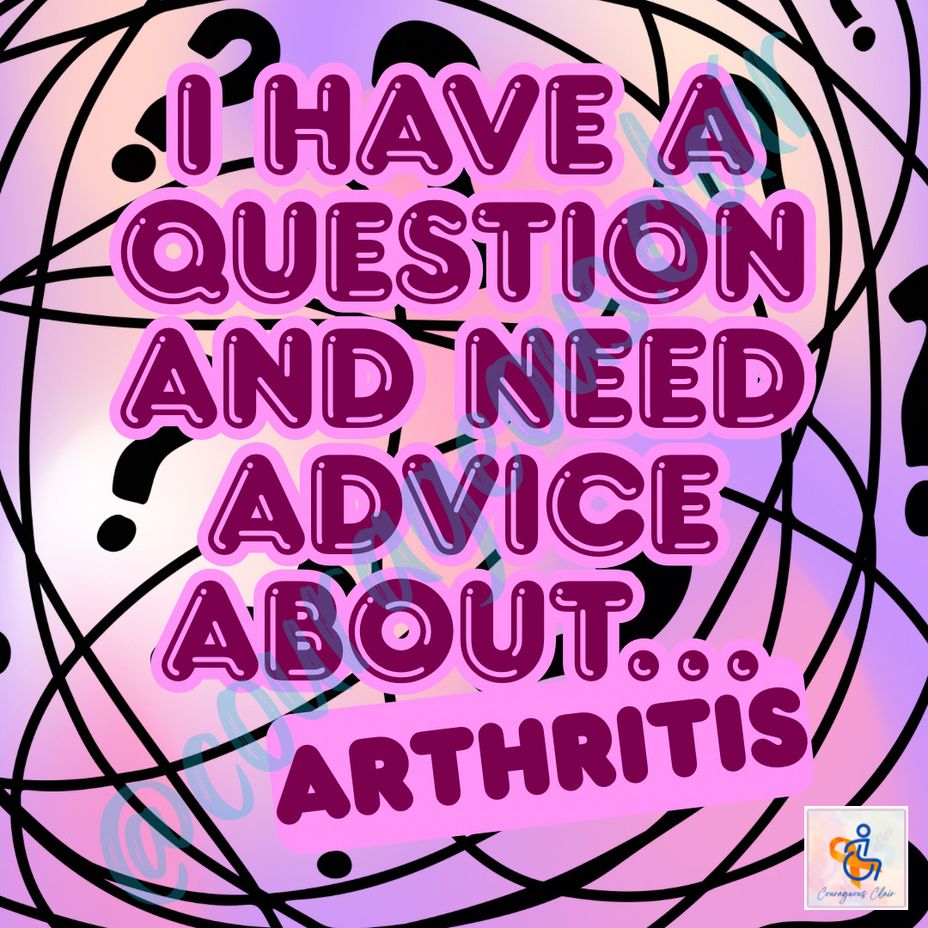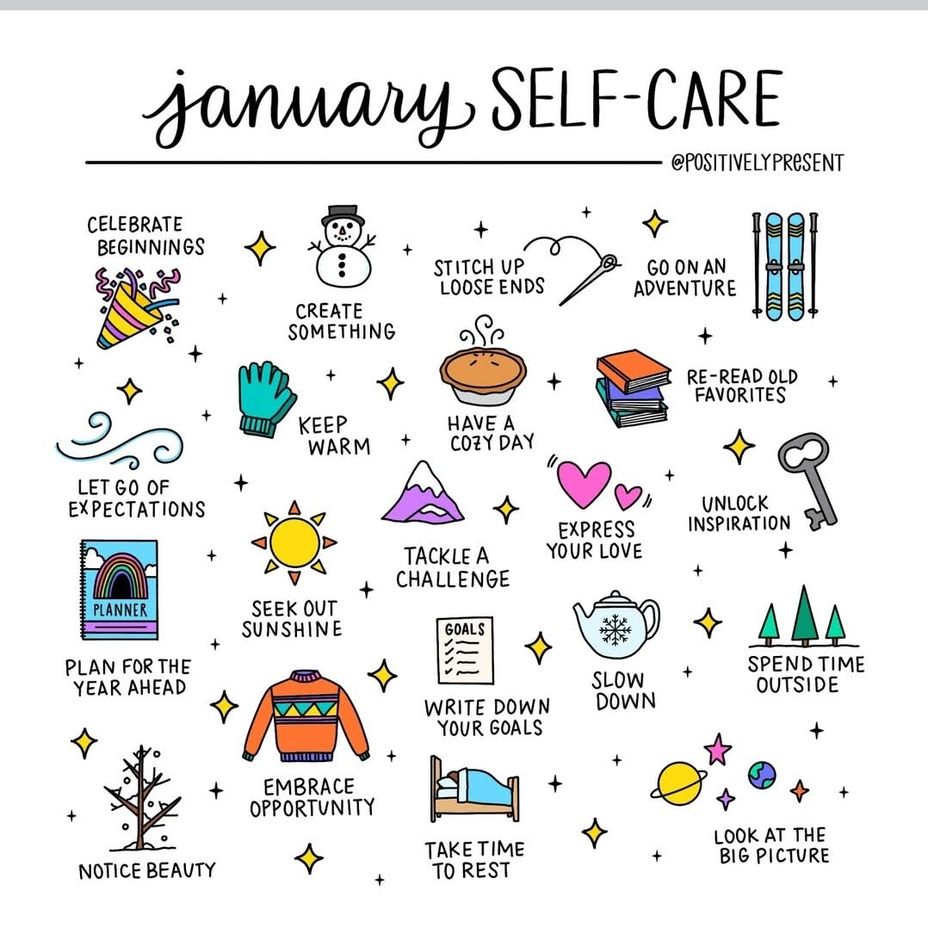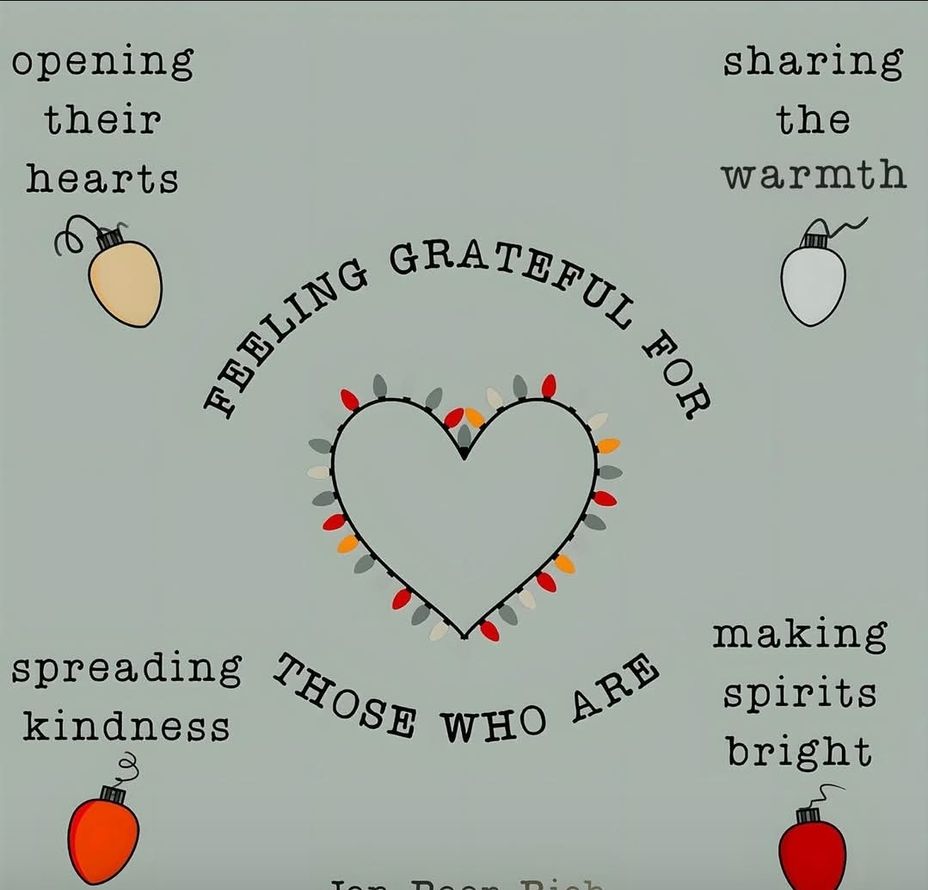Dealing with arthritis
Hello everyone. I decided to write here because arthritis has been part of my life for many years, and it’s a daily challenge I’m still learning to manage. It started with stiffness and pain in my joints, especially in the mornings, and over time it became harder to ignore. Simple things like walking, working with my hands, or even resting properly began to hurt. I’ve tried different approaches, exercises, and lifestyle changes, but flare-ups still come and go, affecting both my body and mood.
A while ago, I came across a gel called Artodip, which I later ordered from this site: progearph.org/deu/joints/artodip-gel. I didn’t expect miracles, but after using it consistently, I noticed some relief—less stiffness, easier movement, and much more comfort during the day. I understand it’s not a cure and doesn’t replace proper treatment, but for me it became a helpful addition to my routine.
I’d like to ask others who live with arthritis: what helps you most in the long run? Has anyone tried Artodip gel, and what was your experience? Are there habits, exercises, or daily routines that truly make a difference? Any advice would be greatly appreciated.




